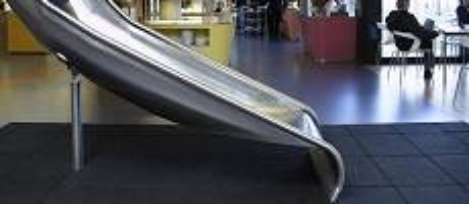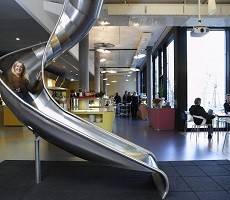June 3, 2016
Commercial real estate failing to meet sustainability standards 0
 There is an urgent need for more action and greater leadership in tackling sustainability requirements in commercial real estate. Just a handful of large companies are meeting sustainability challenges, according to Bilfinger GVA’s sixth Green to Gold survey on the risks of rising sustainability pressures and market demands, with the progress being made not as strong as expected. Although 84 percent of respondents acknowledged that they have a sustainability strategy in place, there are still huge gaps that need to be filled in order to meet appropriate standards. Only 50 percent admitted to assessing operational energy efficiency, whilst 63 percent are not assigning specific figures for the costs or benefits of sustainability issues in investment appraisal calculations. Added to this, 43 percent are yet to assess their portfolio’s risk profile with regards to Minimum Energy Efficiency Standards. This means the industry now finds itself with more to achieve in significantly less time.
There is an urgent need for more action and greater leadership in tackling sustainability requirements in commercial real estate. Just a handful of large companies are meeting sustainability challenges, according to Bilfinger GVA’s sixth Green to Gold survey on the risks of rising sustainability pressures and market demands, with the progress being made not as strong as expected. Although 84 percent of respondents acknowledged that they have a sustainability strategy in place, there are still huge gaps that need to be filled in order to meet appropriate standards. Only 50 percent admitted to assessing operational energy efficiency, whilst 63 percent are not assigning specific figures for the costs or benefits of sustainability issues in investment appraisal calculations. Added to this, 43 percent are yet to assess their portfolio’s risk profile with regards to Minimum Energy Efficiency Standards. This means the industry now finds itself with more to achieve in significantly less time.




































June 2, 2016
European Championships 2016: advice and guidance issued for employers 0
by Sara Bean • Comment, Flexible working, Legal news, News, Workplace
(more…)